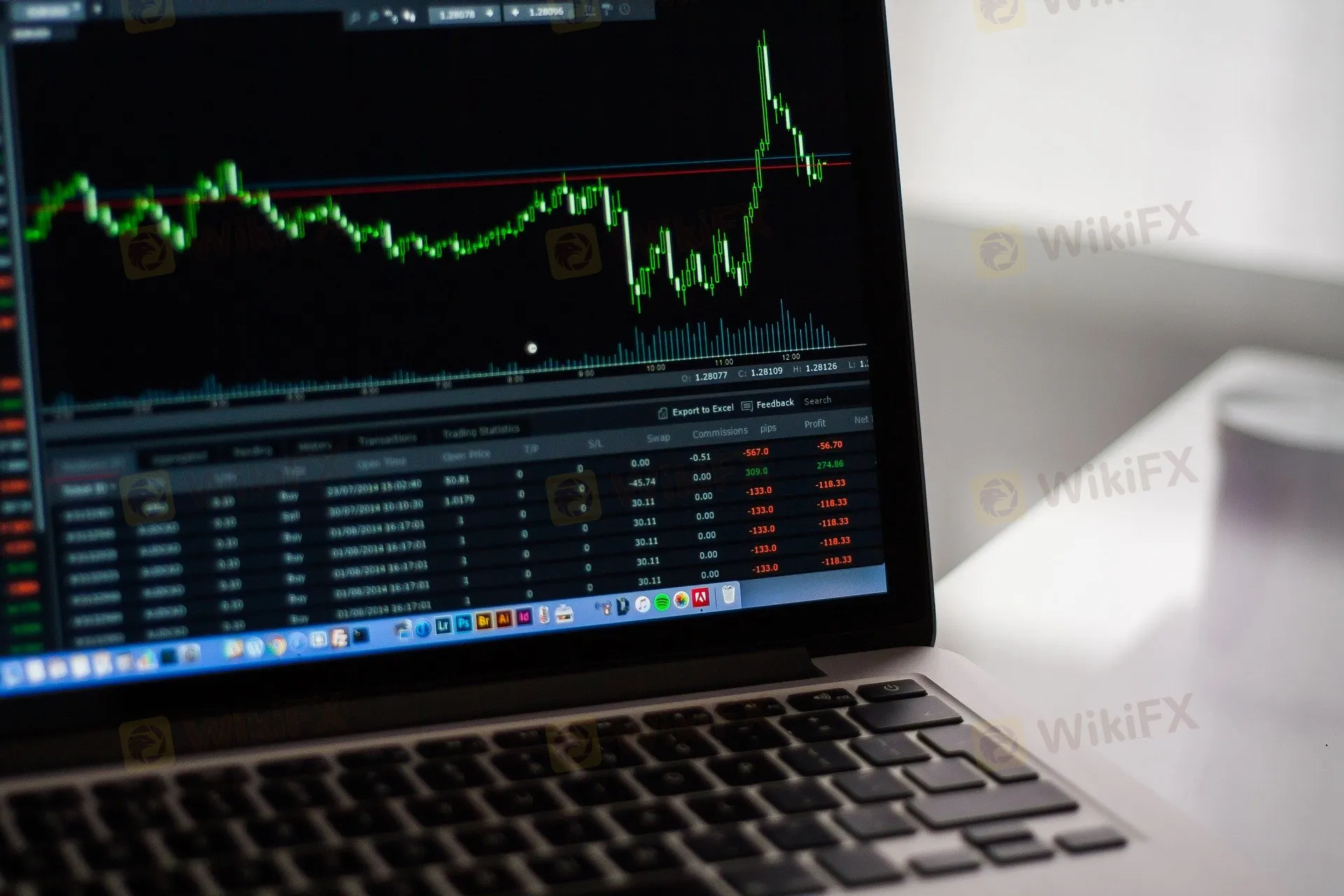Election Years See Weak U.S. Stocks in October
Abstract:Since the Democratic candidate Biden was reported to be involved in a scandal, he has not yet given a press conference to clarify what happened.
Since the Democratic candidate Biden was reported to be involved in a scandal, he has not yet given a press conference to clarify what happened. Implicated by the scandal, Biden‘s approval rating has lost large ground in the latest polls, with his lead over Trump narrowing by just seven percentage points. With only two weeks left before election day, it is possible for Biden to see a defeat in the election and even be prosecuted unless he can take the situation under control and dispel voters’ doubts. This situation will send additional uncertainty to the presidential election and unsettle investors, drastically shocking U.S. stocks.

The analysis that U.S. stocks will gain more if Trump turns the table is prevailing financial markets, which is mainly based on the speculation that Biden has a good chance of significantly raising capital gains tax rates after coming to power. According to Biden's platform, he will increase the tax rate on capital gains to 39.6% from 20% for taxpayers earning more than $1 million annually. As a result, investors tend to be bearish on U.S. stocks if Biden wins out, considering Trump has been playing a positive role in stimulating the stock market. The concerns of financial markets come not only the presidential election but also the full control of Congress. Before the scandal revealed, polls had been showing that the Democrats could both regain power in the White House and take control of Congress. Now that Biden has been involved in the scandal, it is estimated that Trump will win the re-election, but the Democrats will take charge of the House and Senate. In this case, Trump will find the next four years extremely difficult.
Since the situation now is complicated and possible results are various, investors may either exit the market temporarily, waiting for more details, or deploy hedging strategies in advance. Previous statistics show that U.S. stocks see rise more often than fall in election years, but the past four election years (2016, 2012, 2008, and 2004) all witnessed an overall drop in U.S. stocks in October. Specifically, the stocks dwindled widely even in the second half of October, indicating investors of these years did not deploy their trades until the election results came in. Looking ahead, if the U.S. stocks continue to retreat in the next two weeks, the DXY and the Japanese yen will embrace gains, but gold will struggle in playing the role of a safe haven, considering the market performance since March that gold prices keep mirroring stock prices.
Notably, the negotiations between the EU and the UK are teetering on the brink, which may hamper the prices of GBP and EUR and put a premium on the greenback. This week, Trump and Biden will face off again on the morning of October 23 (Friday, GMT+8), and all eyes will be on whether Trump can make use of the scandal to turn the tide.
Read more

Chart Of The Day: Twitter Shares May Be Oversold But Stock Still In A Downtrend
Smart money fund managers and investors have become passionate about Twitter (NYSE:TWTR) stock. ARK Invest founder Cathie Wood bought into Twitter's dip after the stock fell to a 52-week low near $41 when co-founder and CEO Jack Dorsey announced in late November that he was stepping down from his leadership role.

The real reason why Elon Musk is selling 10% of Tesla stock
Musk asked his 62.7 million Twitter followers over the weekend whether he should sell 10% of his Tesla holdings.

Stocks at Risk as China-Taiwan Tension Eclipses Xi-Biden Summit
CHINA-US TENSION, TAIWAN, US DOLLAR, S&P 500, FED INTEREST RATE HIKE - TALKING POINTS Xi-Biden summit likely only to achieve surface-level diplomatic breakthroughs Competing global and regional priorities may prevent meaningful cooperation S&P 500 at risk ahead of precarious holiday season, geopolitical uncertainty

Oil Market Expected to be Worse Because of Dropping in US Stock and Oil
the US stock index and yields have reported to bounce off recently after the release of the US non-farm payrolls report, or NFP, in August.
WikiFX Broker
Latest News
TriumphFX: The Persistent Forex Scam Draining Millions from Malaysians
2025 SkyLine Guide Thailand Opening Ceremony: Jointly Witnessing New Skyline in a New Chapter
Safety Alert: FCA Discloses These 11 Unlicensed Financial Websites
Unbelievable! Trump to 'Sell US Green Cards'?
Massive Crypto Scam in Philippines: Education Pioneer Wealth Society Exposed
GQFX Trading Review 2025: Read Before You Trade
WikiFX Community Ramadan Charity Creator Program
Arab Trading Market Stunned by this Scam! Know about it & Beware
Skype announces it will close in May
Pi Network Price Soars 54.47% to $2.42, Eyes Binance Listing
Rate Calc

